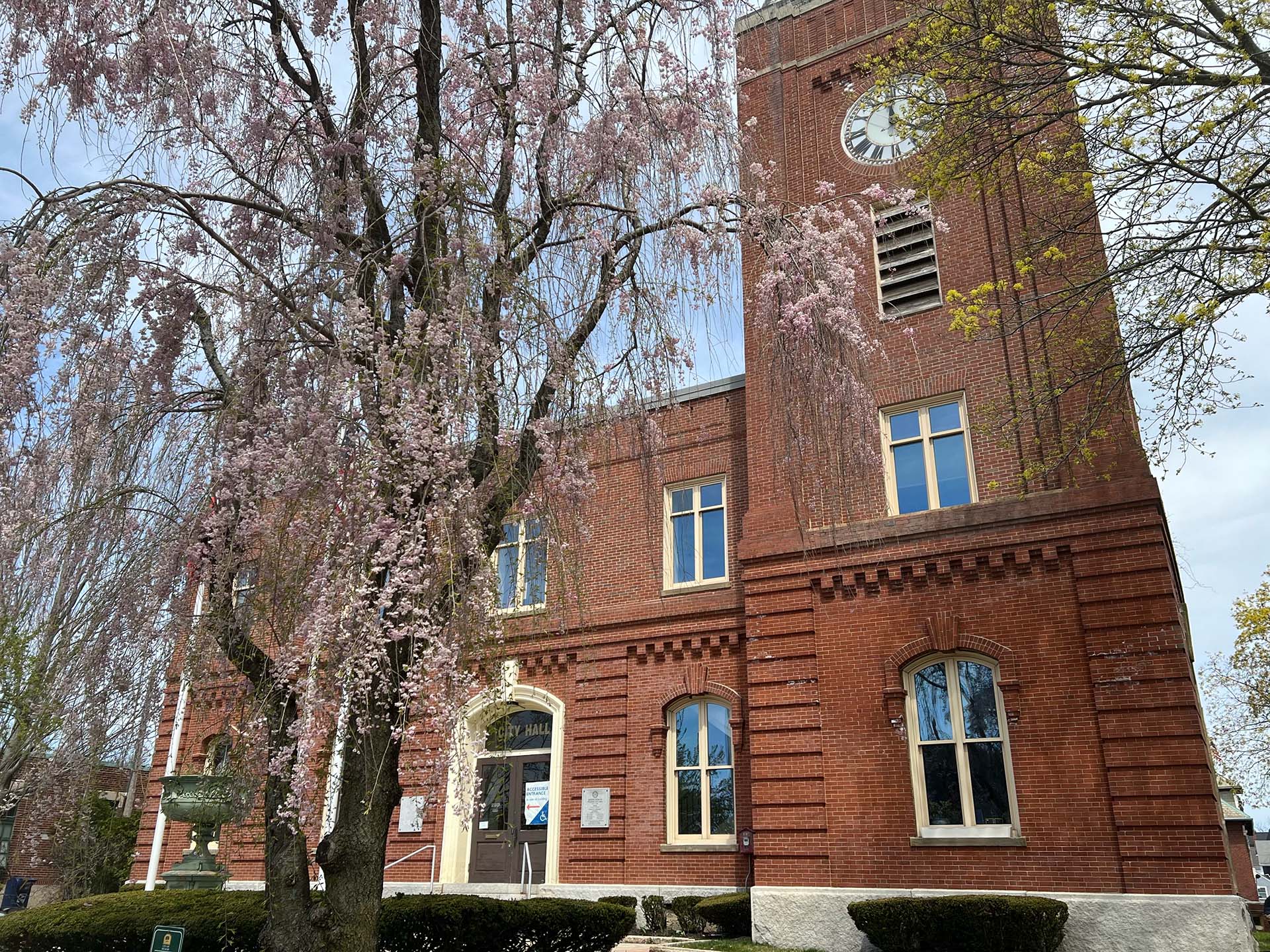Mayor Requests $7.7 Million Override Vote To Close Budget Gaps
At last night’s joint city council and school committee meeting, Mayor Jen Grigoraitis presented her proposed budget for fiscal year 2025 to the city council, and requested that the council approve a citywide vote for a $7.7 million property tax override. The override would allow the city to avoid making cuts to the schools and other city services.

Melrose City Hall
Two dramatically different pictures emerged from the mayor’s budget presentation and from several public commenters. In one, relentlessly rising costs have created a situation where, if property taxes can’t increase more than the 2.5% allowed by Proposition 2 ½, cuts to vital services will destroy many of the things we love about our city. In the other, the city has spent recklessly, grown used to federal grants that are now drying up, and is trying to cover unnecessary spending by raising taxes on the already overburdened populace. In this contrast, the outlines of potential “Yes” and “No” campaigns have already begun to emerge.
Mayor Grigoraitis and Interim Superintendent John Macero discussed the budget cuts currently threatened in the Melrose Public Schools extensively in school committee meetings over the last month. Even a $2.5 million increase in the school budget over last year will not allow the schools to maintain the same level of service as last year, due to steeply rising costs (including transportation and tuition for out-of-district placements for students on special education plans). As a result, over 40 positions that the superintendent proposed in his needs-based budget would not be filled, and 17 staff members who currently work in the schools would not be asked back or would not be replaced. Class sizes would rise throughout the district as a result of these cuts, up to as many as 28 students per class. And many support positions for special education and other needs would not be filled, making it harder to provide those students with the services they require.
For more about the school budget cuts, see our coverage here.
For the first time last night, the mayor also outlined what budget cuts would look like for the rest of city government. She said that her office “prioritized maintaining existing staff and services,” so unfilled positions such as the sustainability manager, the economic development director, and the social services coordinator would not be filled. The Recreation Department would be run entirely on user fees and the community events budget would be eliminated. Fire, police, and public works overtime budgets would be reduced by 5%, and all non-union compensation increases for city employees would be frozen. Capital maintenance for the city’s 20 municipal buildings, replacing and upgrading technology, and dealing with the effects of climate change, such as storms and flooding, would be entirely dependent on the free cash fund, which would also be smaller than in previous years.
While the cuts in other city departments would be less dramatic than those the school department is currently facing, the mayor shared her view that the city departments are only a few years behind the schools in having to make similar cuts, including, most likely, layoffs.
Grigoraitis argued that overrides are the best way to ensure a predictable source of income for the city, especially with many mandated costs (including health insurance, utilities, and pension obligations) increasing at a rate much higher than property taxes are permitted to rise under Proposition 2 ½. She believes that Melrose should be passing regular overrides on a predictable schedule to keep up with these rising costs and maintain the quality of city services. The mayor also requested that the city council increase the senior work-off program for property taxes to $2,000, the maximum allowable, and will work to increase public awareness of existing property tax exemptions for seniors and veterans.
While the public comment period reflected a mix of support for and opposition to the override, the story that came from many of the commenters who were opposed was quite different from the one the mayor told. Some commenters were concerned about the “rushed” nature of calling for an override vote just 35 days from when the city council could approve it; others called the request “irresponsible” and called on city officials to “live within your means.” Several commenters argued that many Melrose residents are already stretched thin, and experiencing a property tax increase on top of the debt exclusion for public safety buildings that passed last November could make it difficult for some residents to afford basic necessities.
The city council will vote on whether to approve the override vote at their next full meeting on May 13th. If approved by the city council, a citywide vote will be held on June 18th.

Follow Us: